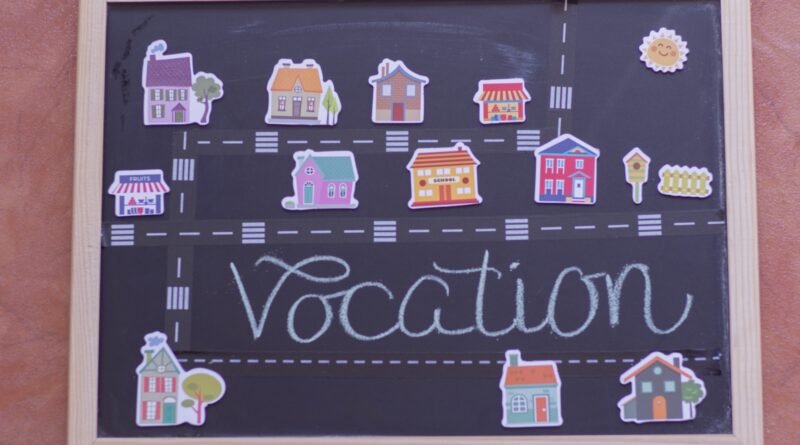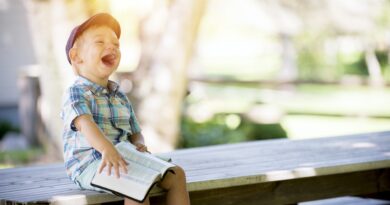Kindergarten Readiness: Preparing Your Preschooler For The Transition To School
Are you worried about your preschooler’s upcoming transition to school? As a parent, it’s natural to have concerns about whether your little one is ready for kindergarten. In this article, we will provide you with helpful tips and strategies to ensure your preschooler is well-prepared for this exciting milestone. From developing social skills to fostering independence, we will guide you on how to support your child’s kindergarten readiness and set them up for a successful start to their educational journey. So, let’s get started and help your preschooler thrive in their transition to school!
Importance of Kindergarten Readiness
Why is kindergarten readiness important?
Getting ready for kindergarten is an important milestone for your preschooler. It sets the foundation for their future academic success and overall development. When children enter kindergarten with the necessary skills and knowledge, they are more likely to have a positive and successful experience in school.
Kindergarten readiness involves a range of skills and abilities that prepare your child for the transition to formal education. It encompasses cognitive, social and emotional, physical, independence and self-help, communication, fine motor, gross motor, and familiarity with routine and structure skills. By focusing on these areas, you can ensure that your child is well-prepared for their academic journey.
Benefits of preparing your preschooler for school
Preparing your preschooler for kindergarten brings numerous benefits that extend beyond the classroom. By fostering their development and equipping them with the necessary skills, you are setting them up for success in their future endeavors. Here are some key benefits of kindergarten readiness:
-
Academic success: When children have a solid foundation of cognitive skills, they are more likely to excel in reading, writing, math, and other subject areas. This early academic success builds confidence and motivates children to continue learning.
-
Social and emotional well-being: Kindergarten readiness ensures that your child develops the necessary social and emotional skills to navigate the social dynamics of school. They learn to interact positively with peers, manage their emotions, and regulate their behavior, leading to stronger relationships and overall well-being.
-
Physical development: Being physically ready for kindergarten allows children to actively engage in classroom activities, play, and sports. Strong physical development promotes a healthy lifestyle and enhances their overall well-being.
-
Independence and self-help skills: Kindergarten readiness fosters independence and self-reliance in children, enabling them to become more responsible for their own needs. This includes following directions, using the bathroom independently, and dressing and feeding themselves.
-
Effective communication: Developing good communication skills empowers children to express their thoughts, needs, and wants effectively. It also helps them become active listeners, follow instructions, and engage in meaningful conversations with teachers and peers.
-
Fine and gross motor skills: A strong foundation in fine and gross motor skills allows children to engage in activities that require precise movements and coordination. This includes tasks such as writing, cutting with scissors, and participating in physical education activities.
-
Familiarity with routine and structure: Being familiar with routines and structures helps children adapt to the expectations and rules of the classroom. They learn how to transition smoothly between activities, which contributes to a positive learning environment.
-
Independence at home: Kindergarten readiness prepares children for independent tasks and responsibilities at home. They learn to take care of themselves, make decisions, and contribute to age-appropriate tasks, building self-confidence and responsibility.
By understanding the importance of kindergarten readiness and actively preparing your preschooler, you are setting the stage for their success in both school and life.
Cognitive Skills
Language and literacy skills
Language and literacy skills are crucial for your child’s success in kindergarten and beyond. These skills involve effective communication, reading, and writing abilities. To ensure your child is ready, you can engage in activities that promote language development, such as reading aloud, engaging in conversations, and practicing phonics. Additionally, providing exposure to letters, numbers, and words through play-based activities and books can help lay the foundation for early literacy skills.
Math and numeracy skills
Math and numeracy skills play a significant role in a child’s cognitive development. These skills involve understanding numbers, counting, recognizing shapes, and solving basic mathematical problems. To support your child’s math readiness, you can incorporate numeracy activities into their daily routines. This can include counting objects, identifying shapes and patterns, and solving simple math problems like addition and subtraction.
Problem-solving and critical thinking skills
Problem-solving and critical thinking skills are essential for your child’s cognitive growth and ability to navigate challenges. Encourage problem-solving skills by providing age-appropriate puzzles, games, and activities that require logical thinking and reasoning. Giving your child opportunities to make decisions, explore different solutions, and think critically will enhance their problem-solving abilities, enabling them to tackle academic and real-life situations effectively.
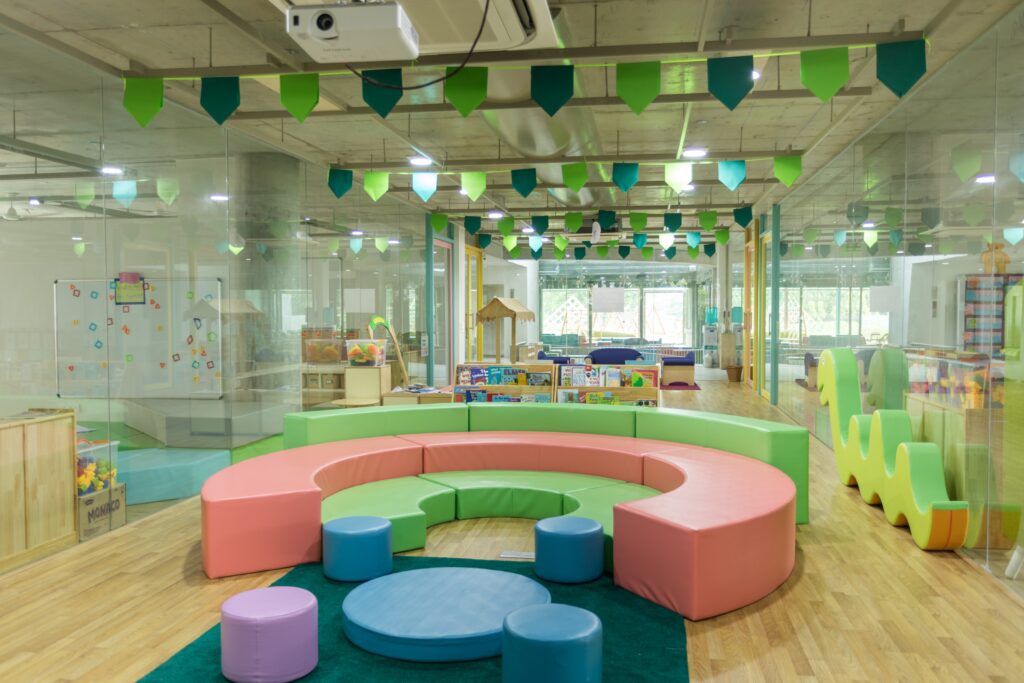
Social and Emotional Skills
Developing self-regulation and impulse control
Developing self-regulation and impulse control is vital for your child’s social and emotional well-being. This involves managing emotions, controlling impulses, and regulating behavior in different situations. To promote self-regulation and impulse control, provide your child with strategies to express their emotions constructively, such as through art, music, or physical activities. Encourage deep breathing techniques and teach them alternatives to impulsive actions, helping them develop self-control.
Building positive relationships with peers
Building positive relationships with peers is an important aspect of kindergarten readiness. Help your child develop social skills by providing opportunities for playdates, group activities, and social interactions. Teach them how to take turns, share, and communicate effectively with others. Encourage empathy and kindness, emphasizing the importance of respecting others’ feelings and perspectives. Positive relationships with peers will contribute to a supportive and inclusive classroom environment.
Understanding and managing emotions
Understanding and managing emotions is a fundamental skill that contributes to your child’s overall well-being and success in school. Help your child identify and label their emotions, and teach them appropriate ways to express and manage these feelings. Provide a safe and nurturing environment where they can freely express themselves, and offer guidance and support when they encounter challenging emotions. By promoting emotional intelligence, you are equipping your child with valuable tools to navigate social situations and handle stress effectively.
Physical Development
Fine motor skills
Fine motor skills involve the coordination of small muscles in the hands and fingers, and they play a significant role in your child’s ability to write, draw, and manipulate objects. Encourage fine motor development by engaging in activities that require precise hand movements, such as drawing, painting, playing with building blocks, and using playdough. These activities help strengthen hand muscles and improve dexterity, preparing your child for the fine motor tasks they will encounter in kindergarten.
Gross motor skills
Gross motor skills involve the coordination of larger muscle groups and are essential for physical activities such as running, jumping, and balancing. Encourage gross motor development by providing opportunities for active play, such as riding a bike, playing catch, or engaging in organized sports. These activities enhance strength, balance, and coordination, ensuring that your child is physically ready for the demands of kindergarten.
Health and self-care habits
Promoting health and self-care habits is crucial for your child’s overall well-being. Teach your child about the importance of maintaining good hygiene, such as washing hands, brushing teeth, and getting enough exercise and sleep. Encourage healthy eating habits and involve your child in preparing nutritious meals and snacks. By instilling these habits at a young age, you are setting the foundation for a healthy lifestyle and ensuring that your child is physically prepared for kindergarten.
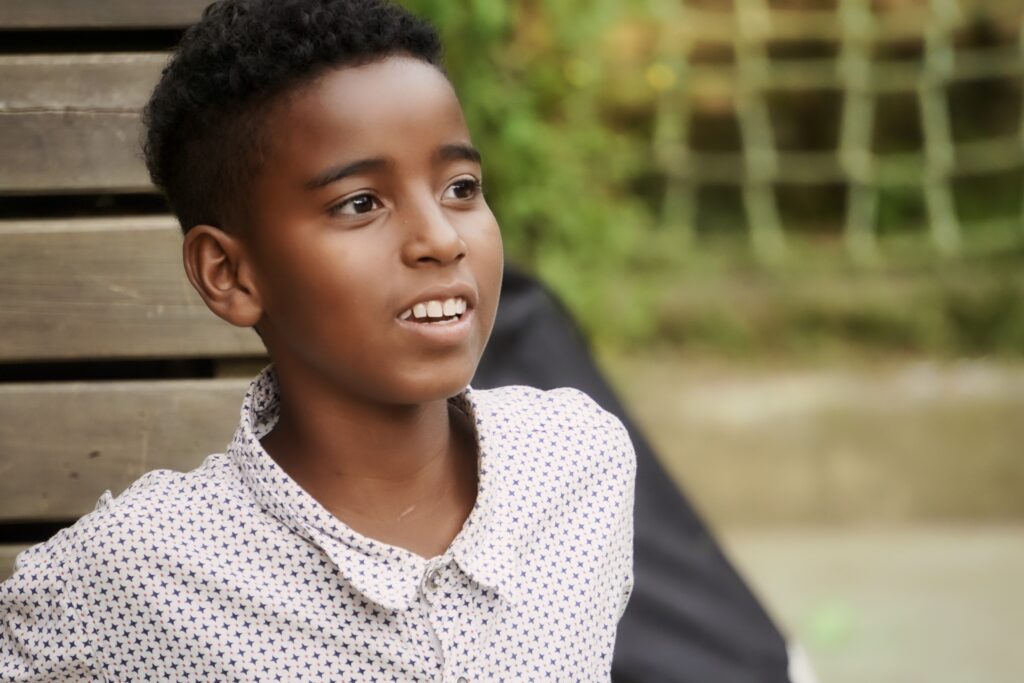
Independence and Self-Help Skills
Following directions and routines
The ability to follow directions and routines is an essential aspect of kindergarten readiness. Help your child practice following instructions by providing clear and age-appropriate expectations at home. Establish consistent routines for daily activities such as bedtime, mealtimes, and tidying up. This consistency helps your child develop a sense of structure and prepares them for the expectations they will encounter in the classroom.
Using the bathroom independently
Independence in using the bathroom is an important skill for your child’s kindergarten readiness. Encourage your child to use the bathroom independently by providing step-by-step guidance and reinforcement. Teach them proper handwashing techniques and ensure they understand the importance of personal hygiene. By mastering this skill, your child will feel confident and comfortable in managing their personal needs at school.
Dressing and feeding oneself
Dressing and feeding oneself are essential self-help skills that contribute to your child’s independence. Encourage your child to practice dressing and undressing themselves, starting with simple tasks such as putting on socks and shoes independently. Promote self-feeding by allowing your child to handle utensils and gradually progress to independent eating. These skills foster autonomy and self-confidence, providing a solid foundation for your child’s kindergarten journey.
Communication Skills
Expressing needs and wants
Effective communication is vital for your child’s successful transition to kindergarten. Encourage your child to express their needs and wants verbally by providing ample opportunities for them to share their thoughts. Encourage open-ended conversations and active listening, helping your child develop their vocabulary and communication skills. Praise their efforts in expressing themselves and provide guidance when necessary, fostering their confidence in communicating with others.
Listening and following instructions
Listening and following instructions are crucial skills for your child’s academic success. Teach your child the importance of active listening by maintaining eye contact, repeating instructions, and asking questions to ensure understanding. Practice following multi-step instructions in a structured and playful manner, gradually increasing the complexity. By developing strong listening skills, your child will be equipped to engage effectively in classroom discussions and complete tasks independently.
Engaging in conversation with others
Encouraging your child to engage in conversations with others prepares them for the social interactions they will encounter in kindergarten. Foster conversational skills by asking open-ended questions and engaging in meaningful conversations with your child. Teach them the importance of taking turns, active listening, and respecting others’ perspectives. By modeling and practicing these skills, you are nurturing your child’s ability to engage in reciprocal and meaningful conversations with teachers and peers.
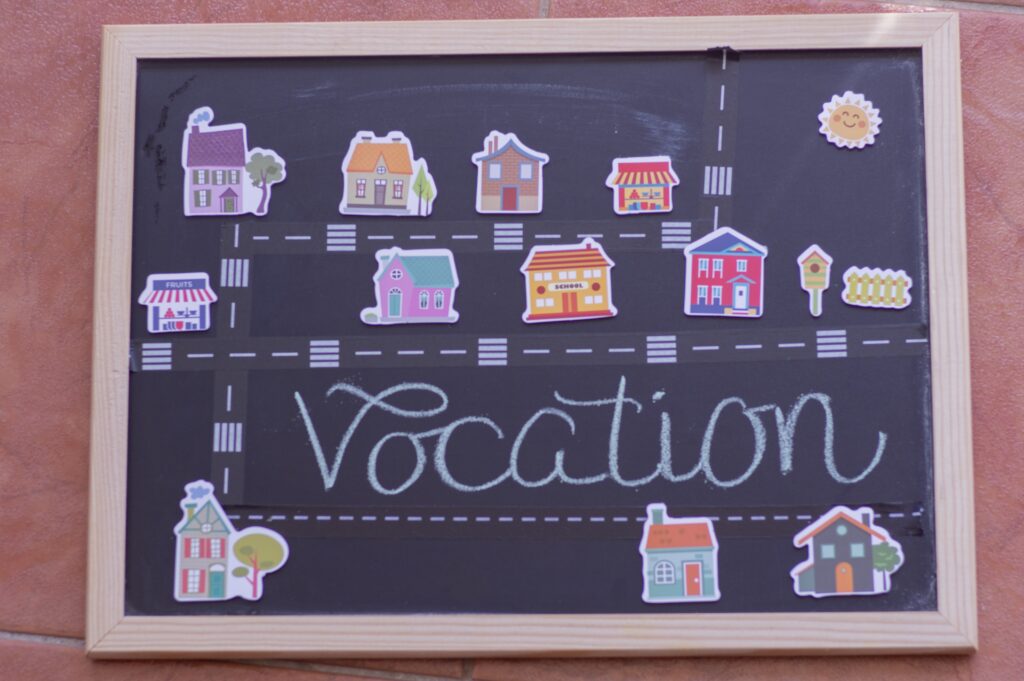
Fine Motor Skills
Developing hand-eye coordination
Hand-eye coordination is a crucial component of fine motor skills and supports tasks such as writing, drawing, and using tools. Provide your child with activities that promote hand-eye coordination, such as puzzles, threading beads, and building with blocks. Encourage them to practice tracing lines and shapes, which helps develop precise hand movements and coordination. These activities will enhance your child’s ability to manipulate objects with accuracy and control.
Using scissors and writing tools
Using scissors and writing tools are important skills for your child’s kindergarten journey. Provide child-safe scissors and various writing tools for them to explore and practice with. Encourage them to cut along lines and shapes, gradually progressing to cutting out simple shapes independently. Offer opportunities for drawing, tracing, and practicing letter formation to develop their writing skills. These activities enhance hand strength and dexterity, preparing your child for the fine motor demands of kindergarten.
Manipulating small objects
Manipulating small objects is another aspect of fine motor skills that your child should be comfortable with before starting kindergarten. Provide activities that require manipulating small objects, such as picking up small beads, sorting buttons, or building with small blocks. These activities build finger strength and coordination, improving your child’s ability to manipulate small objects independently and with precision.
Gross Motor Skills
Running, jumping, and climbing
Running, jumping, and climbing are essential gross motor skills that contribute to your child’s physical readiness for kindergarten. Encourage active play in safe environments that allow them to run, jump, and climb freely. Provide opportunities for them to explore their balance and coordination, such as through games that involve hopping, skipping, and jumping on one foot. These activities strengthen their gross motor skills, ensuring they are capable of participating in physical education activities and engaging in active play with peers.
Balancing and coordination
Balancing and coordination are important aspects of gross motor skills that support various physical activities. Engage your child in activities that promote balance, such as walking along a line or navigating obstacle courses. Encourage activities that require coordination, such as throwing and catching a ball or riding a bike. These activities improve your child’s balance, spatial awareness, and overall gross motor coordination, enhancing their physical readiness for kindergarten.
Participating in group activities and games
Participating in group activities and games is an important social and physical skill for your child’s kindergarten readiness. Encourage your child to engage in group activities that involve turn-taking, cooperation, and following rules. Participate in games that require coordination and teamwork, such as relay races or group sports. These experiences build your child’s ability to interact positively with peers, follow instructions, and contribute to a supportive classroom environment.
Familiarity with Routine and Structure
Establishing a daily schedule
Establishing a daily schedule at home helps your child become familiar with routine and structure, preparing them for the expectations of kindergarten. Create a consistent schedule that includes designated times for waking up, eating meals, engaging in activities, and going to bed. Communicate this schedule to your child visually, using a visual calendar or timetable, which helps them understand the sequence of activities and reduces anxiety.
Adapting to classroom rules and expectations
Adapting to classroom rules and expectations is a crucial aspect of kindergarten readiness. Help your child navigate this transition by discussing and practicing classroom rules and expectations at home. Teach them about concepts such as raising hands, waiting for their turn, and following the teacher’s instructions. Provide opportunities for imaginative play that mirror classroom scenarios, encouraging your child to practice following rules and interacting with others in a structured environment.
Transitioning smoothly between activities
Smooth transitions between activities are important for maintaining a positive and productive classroom environment. Practice transitioning smoothly between activities at home by creating structured routines that involve moving from one task to another. Use visual cues or timers to assist your child in understanding the passage of time and signaling transitions. These practices prepare your child for the structured nature of a kindergarten setting, making their transition to school smoother and more successful.
Encouraging Independence at Home
Promoting self-care tasks at home
Promoting self-care tasks at home enhances your child’s independence and self-reliance. Encourage your child to engage in self-care tasks such as dressing themselves, brushing their teeth, and cleaning up after themselves. Provide age-appropriate tools and guidance as needed, gradually allowing them to take on more responsibilities. Acknowledge and praise their efforts, which fosters their sense of accomplishment and independence.
Encouraging decision-making skills
Encouraging decision-making skills empowers your child to make choices and take ownership of their actions. Offer your child opportunities to make decisions within age-appropriate boundaries. For example, allow them to decide what clothes to wear, which book to read, or which activity to engage in. This fosters their problem-solving skills and confidence in decision-making, reinforcing their ability to make independent choices later in kindergarten and beyond.
Allowing for age-appropriate responsibilities
Providing age-appropriate responsibilities at home instills a sense of responsibility and independence in your child. Assign tasks such as setting the table, feeding pets, or tidying their room. Start with simple tasks and gradually increase their level of responsibility as your child demonstrates their ability to complete them. Allowing for age-appropriate responsibilities prepares them for similar expectations in the kindergarten classroom, fostering independence and a sense of contribution.
By focusing on these key areas of kindergarten readiness, you are ensuring that your child is well-equipped for a successful transition to school. Through intentional and supportive interactions, you can help your preschooler develop the necessary skills and abilities that will contribute to their overall development and academic success. So, get ready to embark on a journey of preparation and growth with your child as they transition into the world of kindergarten!

